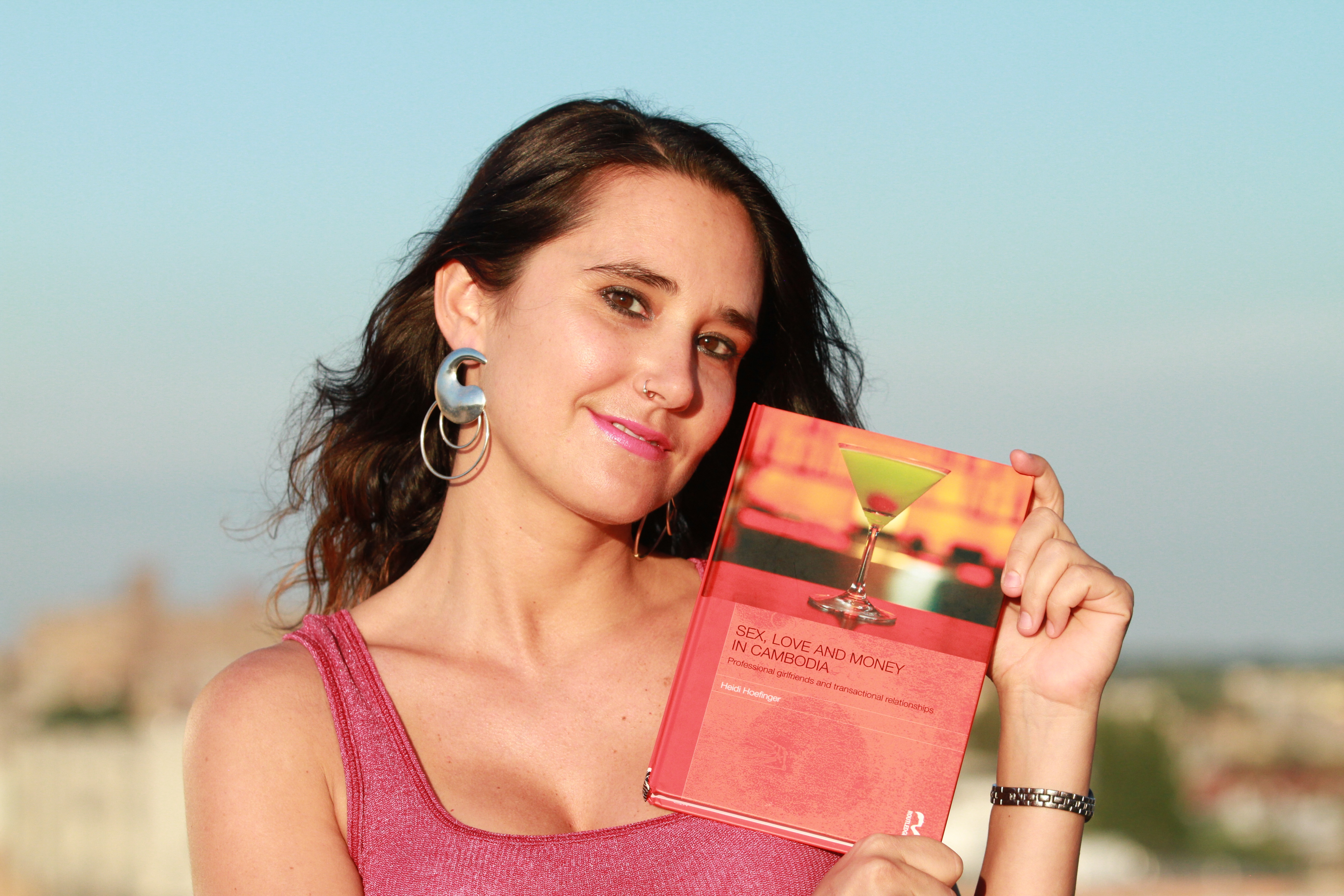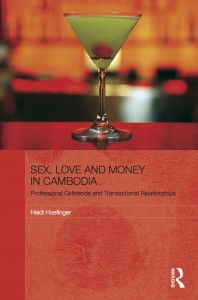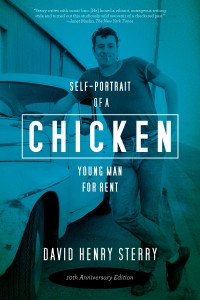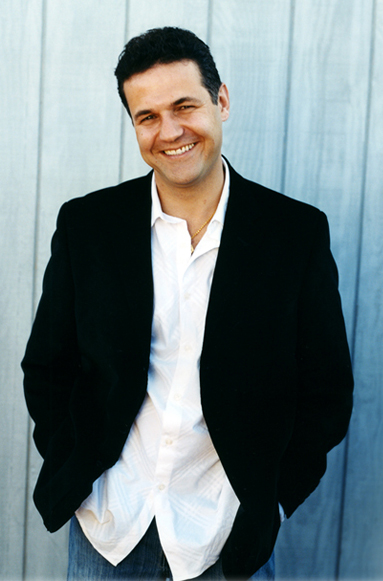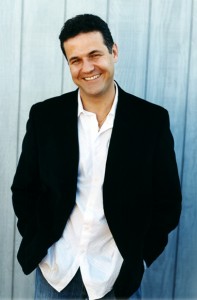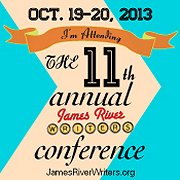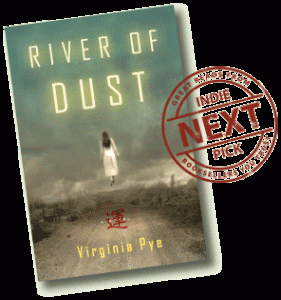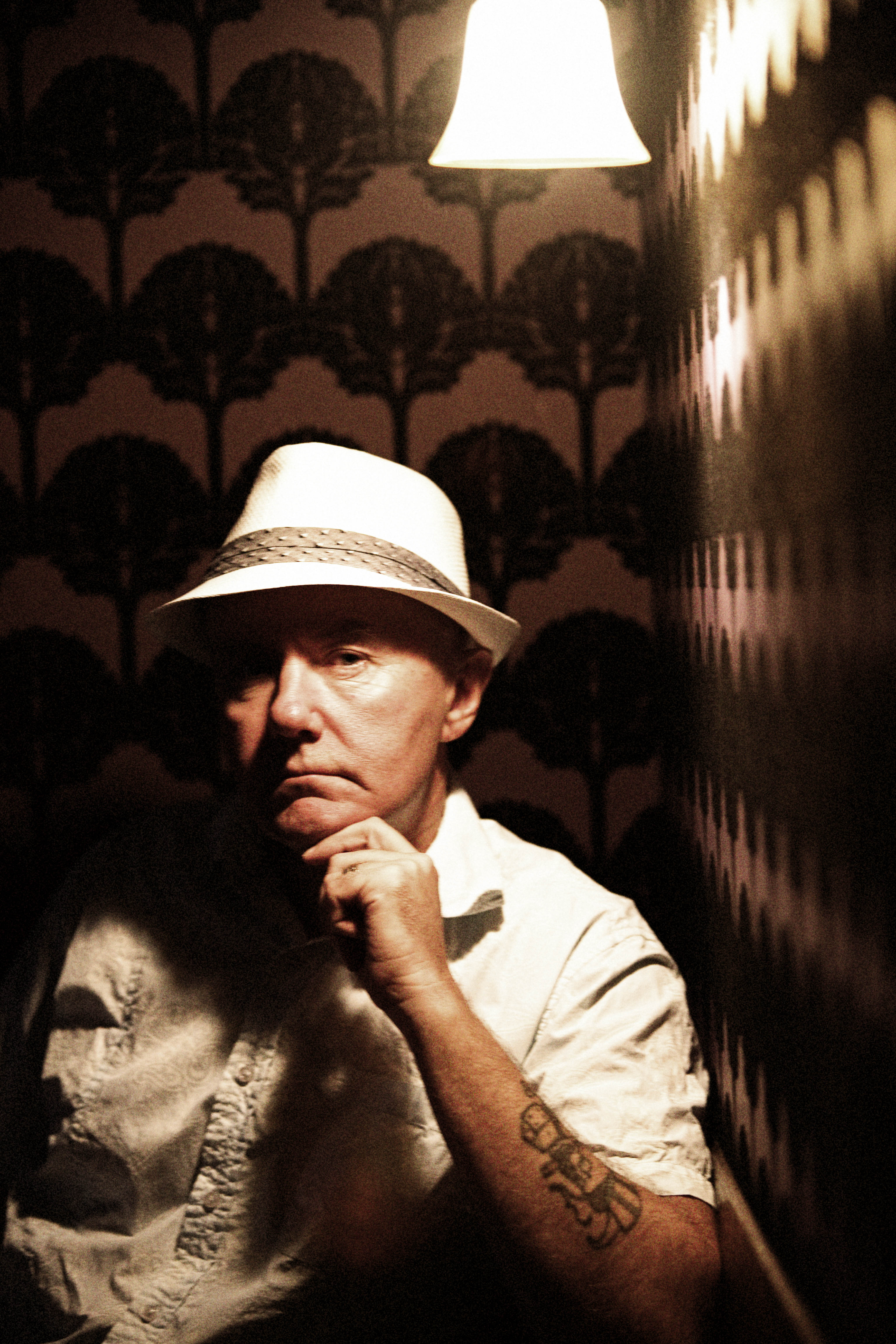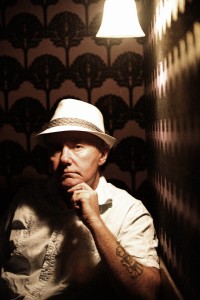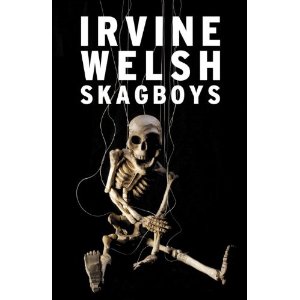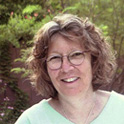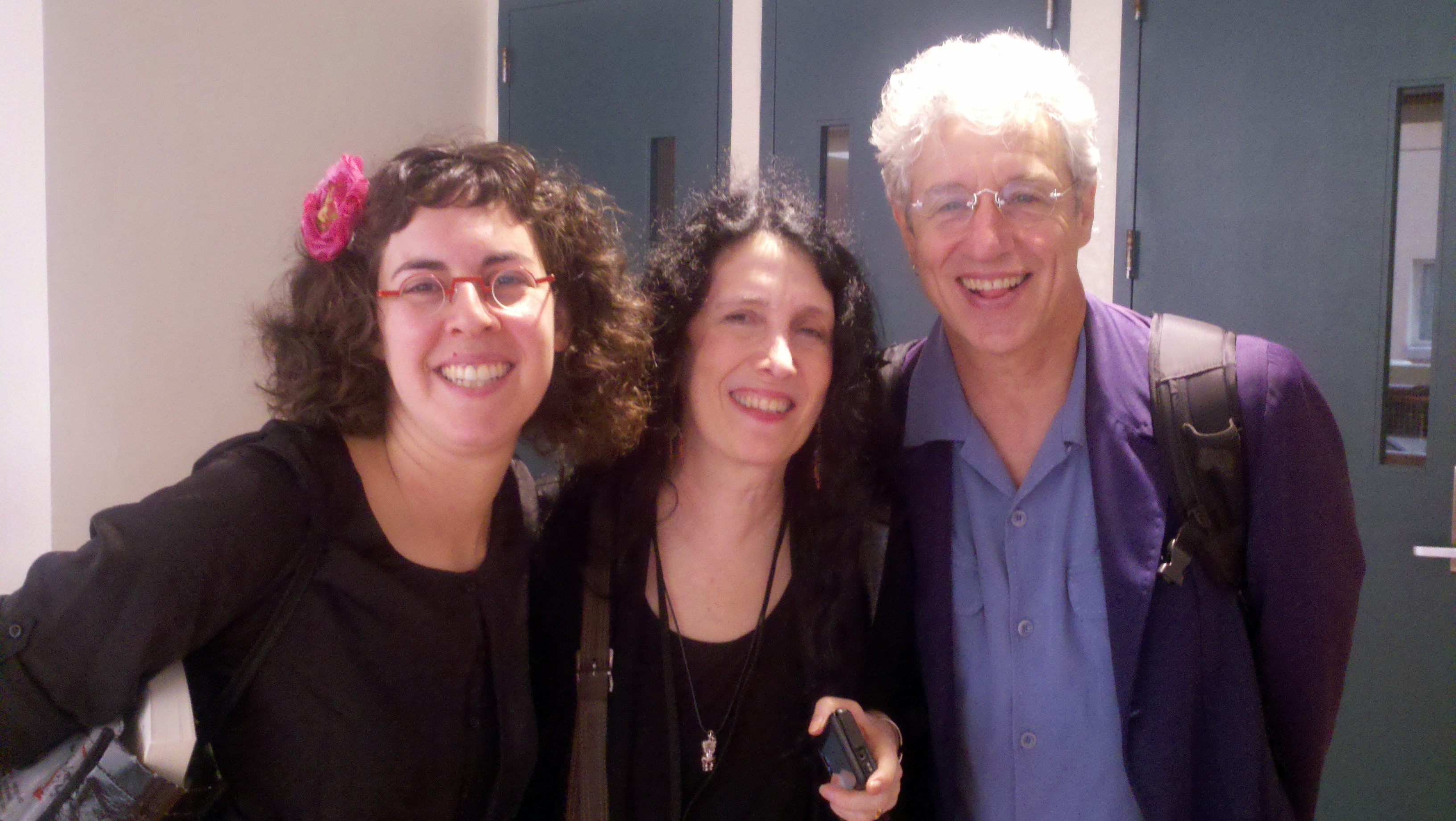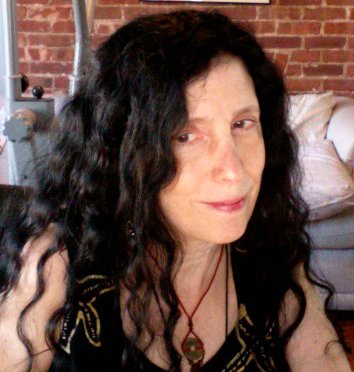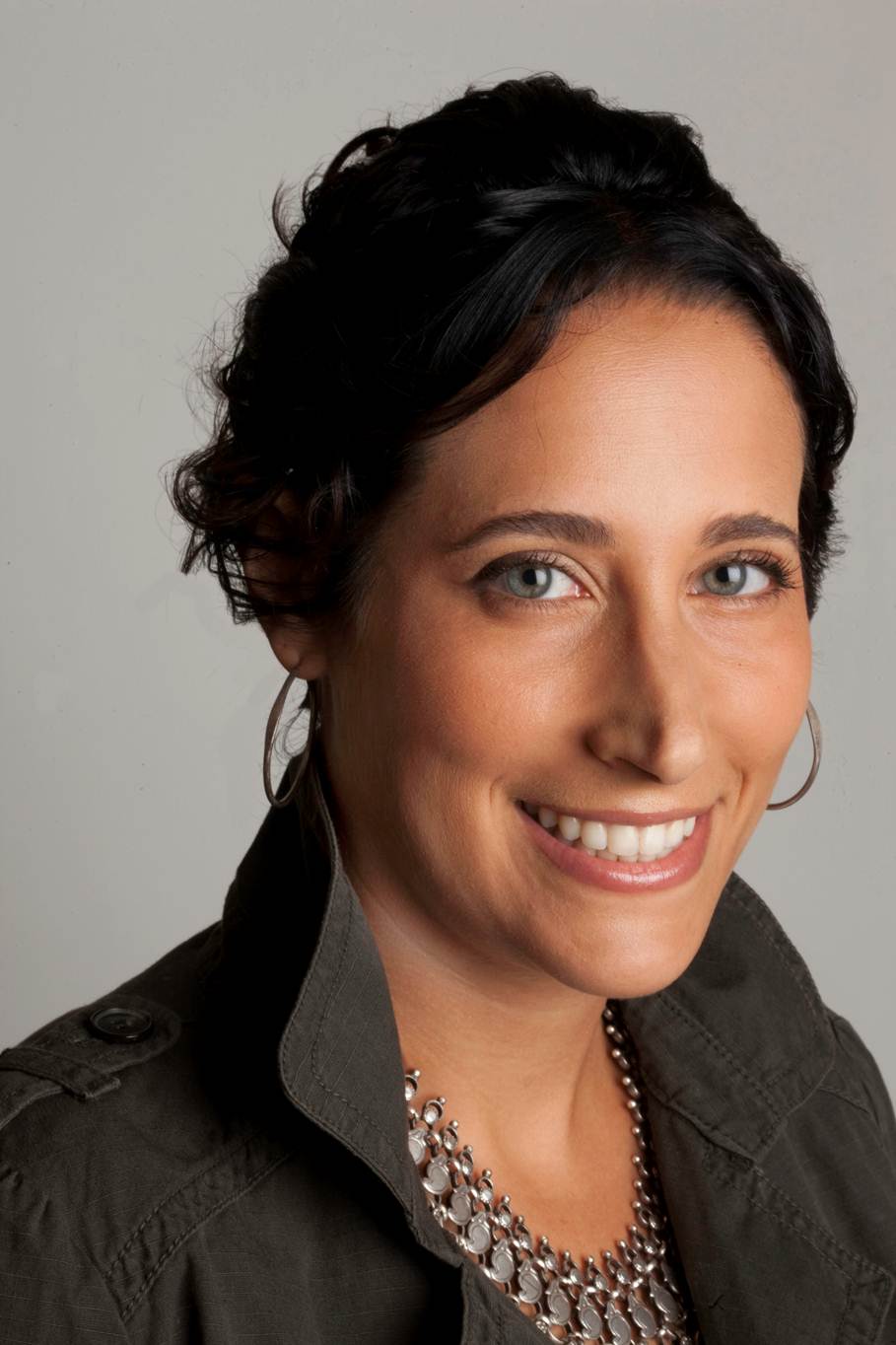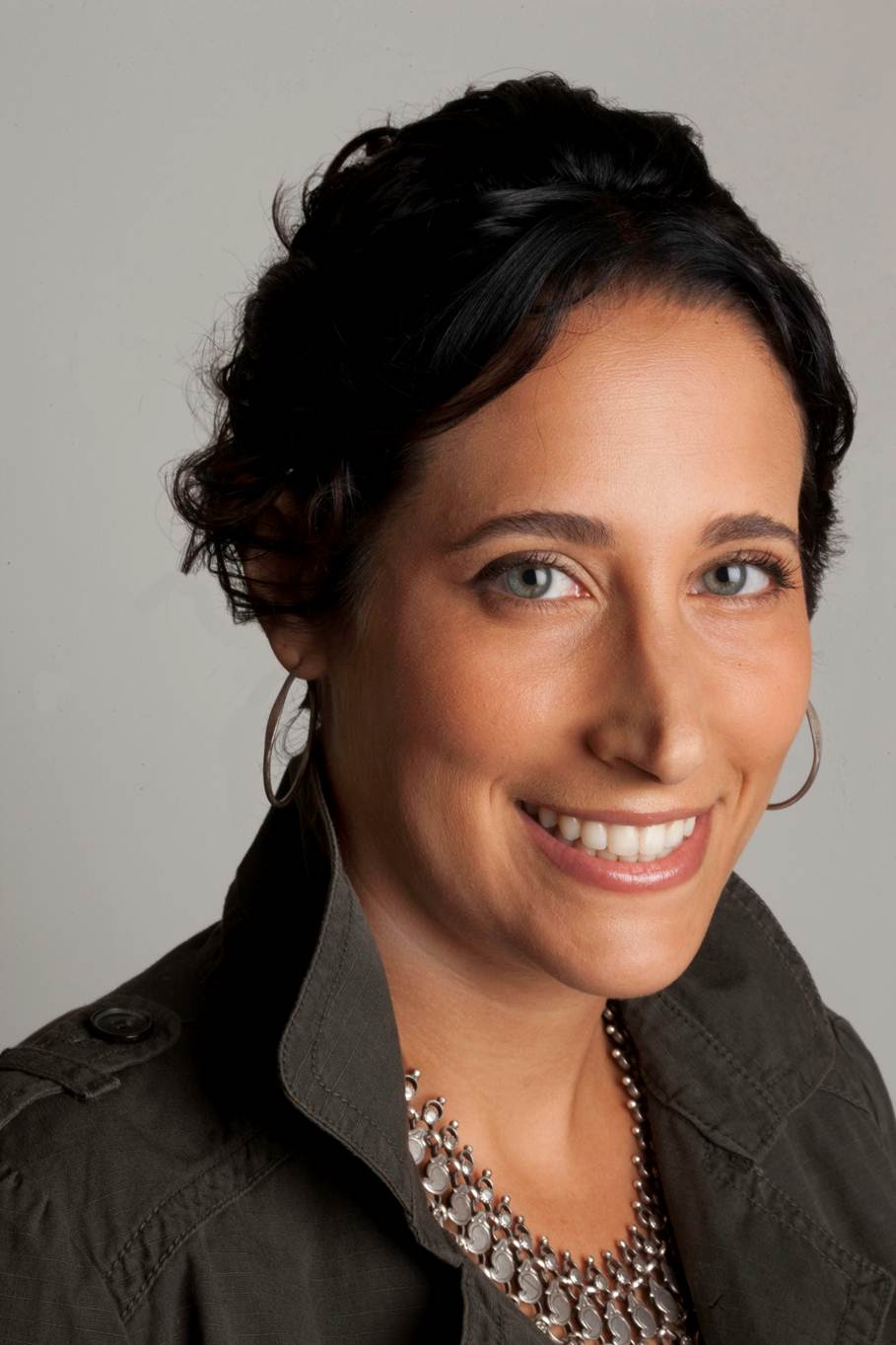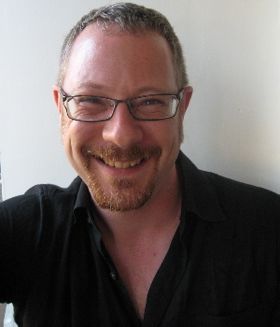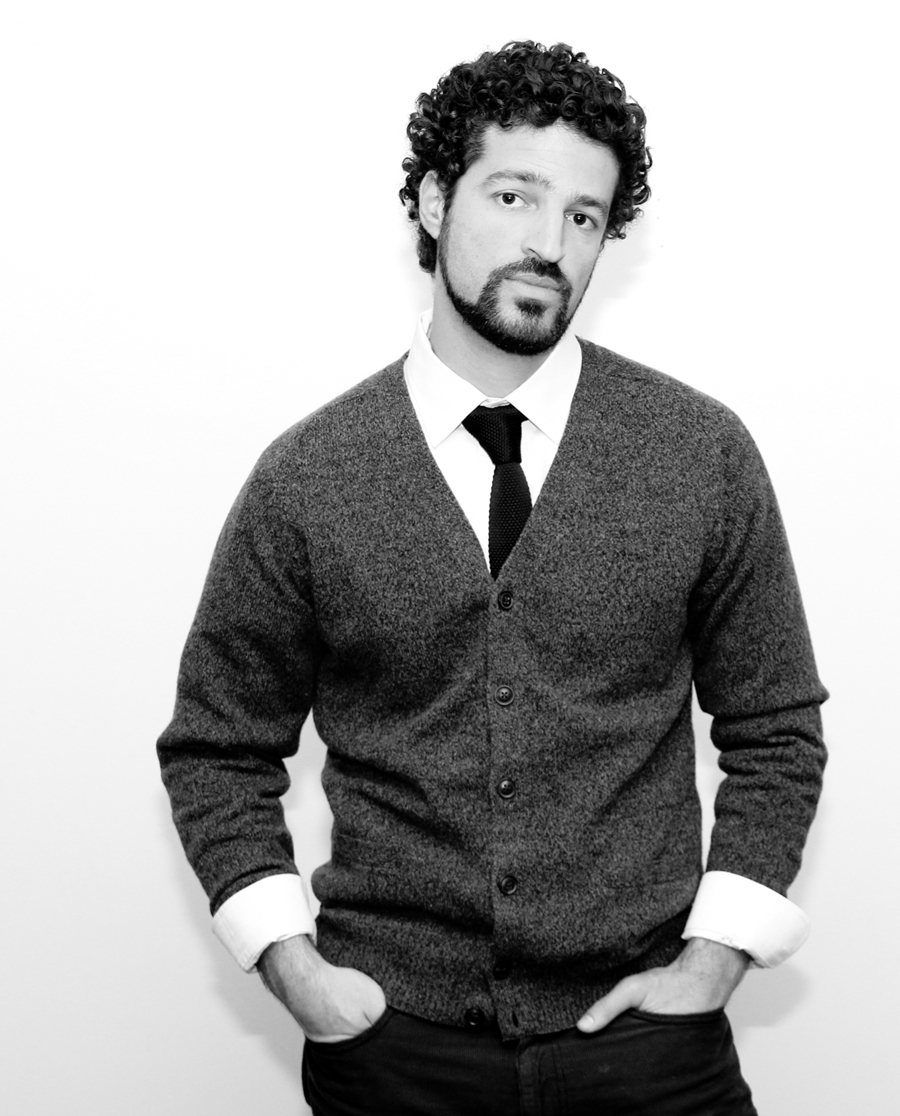 I first met Mark Coker over the Internet. Which seems appropriate, given how he has done such great things for writers in the world of ebooks. I was trying to upload a book onto his company’s website, Smashwords. I have a problem formatting files. I’m very bad at it. It’s a weakness. I’m not proud of it. But the first step is admitting you have a problem.
I first met Mark Coker over the Internet. Which seems appropriate, given how he has done such great things for writers in the world of ebooks. I was trying to upload a book onto his company’s website, Smashwords. I have a problem formatting files. I’m very bad at it. It’s a weakness. I’m not proud of it. But the first step is admitting you have a problem.
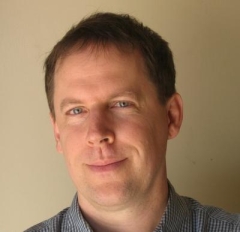 That day, I got very frustrated and sent a flaming email full of vicious vitriol and a few flagrant f-bombs. I expected to get back some generic, useless response, which is what you almost always get back from e-companies. Imagine my surprise when the president of the company himself, Mark Coker, emailed me back. He was so helpful and kind and nice. I was completely embarrassed. It led me to formulate a strategy for what to do when I get flamed — and believe me, I get flamed online every day. Now, before I respond, I think, “What would Mark Coker do?” And I try to give my flamer some love. You’d be shocked by how many times it works wonders.
That day, I got very frustrated and sent a flaming email full of vicious vitriol and a few flagrant f-bombs. I expected to get back some generic, useless response, which is what you almost always get back from e-companies. Imagine my surprise when the president of the company himself, Mark Coker, emailed me back. He was so helpful and kind and nice. I was completely embarrassed. It led me to formulate a strategy for what to do when I get flamed — and believe me, I get flamed online every day. Now, before I respond, I think, “What would Mark Coker do?” And I try to give my flamer some love. You’d be shocked by how many times it works wonders.
So, I resolved my formatting issues quite easily in the end, and I put my book up on Smashwords. It was so cool — they put your book up, for free, on all these different platforms: Kobo, Kindle, Nook, Sony, Apple. FOR FREE! Then we were lucky enough to meet him in, of all places, Wichita, Kansas. We were both presenting at an event put on by the Kansas Writers Association. If you ever get the chance to see him live, do yourself a favor and avail yourself of that opportunity. Despite his mild-mannered alter ego, he’s kind of a superhero of electronic books. He knows so much about them, has
Mark Coker, Founder of Smashwords
such wise advice for readers, and has smart and often counterintuitive things to say about the future of books particularly at this moment in history, when the publishing industry seems a lot like the Wild West. It was a pleasure getting to know him in person, and we are very honored that he agreed to this interview. If you take nothing else from this, just remember, when someone flames you and you feel like lashing out electronically, think: “What would Mark Coker do?”
Mark Coker, Founder of SmashwordsBOOK DOCTORS: What made you start Smashwords?
MARK COKER: Several years ago, my wife and I wrote Boob Tube, a novel that explores the wild and wacky world of daytime television soap operas. My wife is a former reporter for Soap Opera Weekly magazine. We were repped by one of the top NY literary agencies, but after two years, they were unable to sell it to a publisher. Previous soap opera-themed novels hadn’t performed well in the marketplace, so publishers were reluctant to take a chance on us. Our agent suggested we consider self-publishing in print. The idea sounded reasonable at first, but then I realized that without the backing of a major publisher, it would be impossible to get widespread distribution into brick and mortar bookstores, and without distribution, we wouldn’t reach readers. I pondered our conundrum and realized there was a bigger problem at play: Traditional publishers are unable, unwilling and disinterested in take a risk on every writer. Each year, they reject hundreds of thousands of writers, and many of these writers are writing great books. The more I thought about the problem, the more I realized how broken the publishing industry had become. Publishers owned the printing press and the access to distribution, and they alone wielded the power to decide which writers would graduate to become published authors, and what books readers could read. I started to imagine a solution to the problem, and that’s how I came up with the idea of Smashwords. My idea was to create a free ebook publishing platform that would make it free and easy for any writer, anywhere in the world, to instantly publish an ebook. We launched Smashwords in early 2008. The author controls all the rights, sets the price, earns 85% or more of the net proceeds, and receives distribution to major ebook stores such as the Apple iBookstore, Barnes & Noble, Sony and Kobo. Readers decide what’s worth reading.
Our first year, we published 140 books. Our catalog grew to 6,000 in 2009, 28,000 in 2010, 92,000 in 2011, and now, is about 200,000. Our authors routinely hit the top 10 bestsellers at the major retailers, and in 2012, several Smashwords authors even hit the New York Times bestseller list.
BD: Has working with so many writers changed how you write a new book?
MC: The experience has been humbling. He represent most of the bestselling self-published authors. Some of these authors earn thousands of five-star reviews from readers. They’re outselling some of the biggest names in publishing. They inspire me to become a better writer. Since founding Smashwords, I’ve put my own fiction writing on hold and have instead focused on writing books about e-publishing best practices. The best practices I share come directly from our authors.
BD: As a husband-and-wife team, we’ve written seven books together. What was it like writing a novel with your wife?
MC: It was an incredible experience. The two of us moved to Los Angeles for two months to interview soap industry insiders for their stories and dirt. Would you believe there was a soap actress who ate cotton balls as a diet aid? It’s true. Or a manager who raped his actress client when she refused to show him the boob job he purchased for her? After completing our research, we moved to a cabin in the woods of Vermont for four months to fictionalize these and other stranger-than-life stories.
People are surprised when I say this, but co-authorship was a harmonious experience for us, made all the more enjoyable because we were sharing the journey. I imagine the Sterry/Eckstutt team works with equal harmony, otherwise you wouldn’t have written books six through seven together!
The writing process was fun. We plotted the story on big storyboards, and then broke scenes and situations into chapters, and then assigned each other a new chapter each morning. At the end of the day, we’d swap laptops and edit each other, and then swap again for more edits. Our characters took on lives of their own and by the end of the book, the story was much different than we expected. Our first draft was nearly 1,000 glorious pages, and we thought it was great. I note this embarrassing fact to share how completely clueless we were! Thanks to the guidance of some smart book doctors, editors and beta readers, we completed multiple rewrites and revisions over the next couple years. With each revision, we were surprised how much the book improved. I’m a believer in multiple revisions! Finally, the book was ready to shop to agents. In the end, we had multiple agents offering us representation.
BD: What do you think are some of the most important things an author can do to connect with their tribe of readers?
MC: Write a book that moves the reader. Blow their mind and make them scream, “wow!” If you can elicit mad passion in the hearts of your readers, your readers will connect you with more readers through their rave reviews and word of mouth. If you earn mad passion, your readers won’t just suggest their friends read the book, they’ll command their friends to read it. If your friend tells you, “You NEED to read this book now,” there’s no better endorsement.
If an author does nothing else, write an incredible book. That’s 90% of the battle. The other 10% I’d divide into the following four essential items:
1. Give the book a professional, genre-appropriate cover image. Your cover image should be as good or better than what the large NY publishers are putting out. Last year, we documented an example of a Smashwords author, R.L. Mathewson, who simply updated her cover image and it catapulted her to the NY Times bestseller list. This wouldn’t have happened if she hadn’t already written a super-awesome book. A good cover image makes a promise to the reader. It tells the reader, “This is the book you’re looking for.” A poor or inadequate cover image discourages a prospective reader from clicking further. A poor cover makes your book less accessible, less desirable.
2. Distribute your book to every major ebook retailer. Every retailer wants to carry self-published books. Different books break out at different retailers at different times. When you distribute your book everywhere, you maximize the opportunity for readers to discover your book. Unless you’re already an established author with a large fan base and following, most of your sales will come from serendipitous discovery. Readers will browse their favorite bookstore to look for their next read, or their follow the social media hyperlinks of their friends’ book recommendations.
3. Price low. This is where indie authors have an extreme advantage over traditionally-published authors. Indie authors can price at FREE, $.99, $2.99 or $3.99. It’s difficult for traditional publishers to compete at these price points. Low prices make your book more accessible and more affordable to more readers, and since you’re self-published, you’re earning a royalty of 85-100% net vs the 25% net of traditional publishers. Based on our research, which is also conforms to basic common sense, lower-priced books generally sell more units than higher-priced books. More unit sales means more fans and faster platform-building.
4. Make yourself accessible via social media tools. Provide opportunities for your readers to connect with you. Make yourself accessible on Facebook and Twitter, at a minimum. These tools give you the opportunity to do one-to-many communications, and the opportunity to safely and efficiently communicate with your growing tribe. Provide your social media coordinates at the back of every book you write.
BD: What are some of the biggest obstacles writers have to overcome to successfully selling e-books?
MC: The biggest obstacle is obscurity. Thanks to the rise of ebook self-publishing, there’s a glut of high-quality, low-priced books in the marketplace. This means writers need to raise their game. The best writers will rise above the noise on the wings of reader word-of-mouth. If you’re not averaging four to five star reviews, it means your book isn’t satisfying readers as much as it should.
BD: What are some of the mistakes you see writers make when they publish their ebooks?
MC: Here are the top mistakes I see:
1. Publishing a book before it’s been properly edited and proofed. Readers have little patience for sloppiness. You’d be surprised how often I see books ridden with typos. I’ve seen authors misspell their own names on their cover image, or misspell words in their book description.
2. Poor cover design. Unless you’re a professional graphic designer, don’t try to design your own cover image. Hire a professional. Professional cover design is ridiculously affordable. For between $50 and $300, you can get a cover design that looks like it came from a big New York publisher.
3. Impatience. Impatience is both a virtue and a sin. It’s great that an author feels a sense of urgency to reach readers, but impatience can also lead to discouragement, depression or tempestuous decision-making. I’ve seen authors remove their books from stores weeks after publication simply because they’re not selling well. Sometimes, it can take years for an ebook to reach a critical mass of reviews and readership to start selling well. Back in the old days of print publishing, impatience was warranted. If your book didn’t immediately sell well, retailers would pack up the unsold inventory and return it to the publisher for a full refund. Books were forced out of print before they had a fair chance to reach readers. With ebooks, there’s always tomorrow. Ebooks are immortal. They need never go out of print. Think of your self-published ebook as an annuity. It will earn you and your heirs income for decades to come if you keep it out there. This is especially true for fiction. Great stories are timeless.
4. Paranoia and delusion. Almost every month, I receive an email from an angry author who will say something like, “I know I might not be the world’s best author, but there’s no way my book is selling so poorly at retailer X.” This is dangerous thinking. Back in the old days of print publishing, a publisher would distribute a known quantity of books to retailers. Books would either sell or be returned, so there was never any doubt about how many copies were sold, and how much money was owed to the publisher. In the new world of ebooks, the entire ebook supply chain is built upon trust. Smashwords, as your distributor, will send out a single digital copy to each retailer, and the retailer will duplicate that copy for each book they sell. You must trust the retailer to accurately track and report and pay for units sold, and you must trust your distributor to accurately pay you your share of monies received from retailers. If you still feel bitten by the paranoia bug, be your own secret shopper. Once a quarter, buy your book from a retailer, and then wait for the sales report to flow through. Mistakes do happen, but rarely. I can think of three instances over the last two years when an author’s paranoia actually helped a retailer discover an error in their reporting. Even paranoid people get it right from time to time!
5. Limiting distribution to only one or two retailers. If your book isn’t distributed to every retailer, you’ll probably reach fewer readers. If you distribute to only one retailer, you could make yourself dangerously dependent upon that retailer. If they modify their terms, or change their discovery algorithms, you might go from selling great for months straight to selling nothing. Don’t treat ebook retailers like a horse race. Instead, play the field. Get your book everywhere, and then you don’t need to worry or guess which retailer will become the dominant retailer five years from now. You’ll be there already. Every retailer reaches its own unique audience of readers. Many retailers are now opening international stores. Every retailer’s store in each unique territory represents its own unique micro-market where you have an opportunity to reach readers and build fans. If your book isn’t there, those readers will develop life-long relationships with other authors.
6. Negativity. We writers tend to feel our feelings more deeply than the average person, and we’re adept at wielding the power of the pen. Once we build our social media platforms, we have greater ability to share our feelings with the world. It’s something about human nature that when we feel angry, we’re more expressive than when we feel happy. We feel tempted to lash out and hurt those who have wronged us. When you combine anger with social media, people get hurt. Every day, everywhere on the net, there are angry authors sharing their negativity with their closest 5,000 friends on Twitter or Facebook, lashing out against real or imaginary demons that have somehow harmed them. Don’t succumb to negativity. Your fellow authors may learn to fear you, but they won’t respect you. Your prospective readers will be turned off. Your potential partners and supporters will avoid you. think New York Times bestseller Jonathan Maberry put it best in an interview at the Smashwords blog last year. We asked him how authors should use social media, and he spoke at length about the power of positivity, and why authors should never succumb to negativity. He said, “Even if you are a naturally cranky, snarky, sour-tempered pain in the ass, for god’s sake, share that with your therapist or priest. When you go online to promote yourself and therefore your products, try not to actually scare people off your lawn.”
BD: How do you deal with cyber flaming?
MC: I start by taking a deep breath. We’re working with 50,000 authors, and we’re selling books to millions of readers. As much as all 19 of us here at Smashwords work tirelessly to serve our community to the best of our ability. We invariably make mistakes, or fall short of someone’s expectations, and this often leads us to be flamed by a disgruntled person. Also, because Smashwords is the world’s largest distributor of self-published ebooks, upstart competitors are attacking us all the time, often spreading fear, innuendo or mistruths to advance their own agendas, or to draw us into a public fight so they can trade off of our brand equity. It’s classic guerrilla marketing. Popular authors face remarkably similar situations, where readers or fellow authors will try to drag them into a public brawl so the attacking party can advance their agenda.
My approach is that I try to listen to everyone. Our critics can make us stronger if we listen, learn and make positive improvement. Even if I don’t agree with you, or I don’t think you should be upset for the reasons you’re upset, I still try to understand the problem, acknowledge that their feelings and experience was real to them, and learn from the criticism. Often, our most vocal critics are simply feeling real issues more strongly than the community at large. I view our critics as our canaries in the coal mine. They’re our early warning system, so we ignore them at our peril. To the extent possible, I try to avoid getting dragged into public brawls. If I see blatant misrepresentations or lies, however, I’ll step in and try to correct the record. I avoid leveling attacks against any individual, because more negativity only escalates the situation. I try to calmly listen, learn and understand, and then state my side of the story. Often, my reply will start by acknowledging the veracity of their claim, if I believe it is in fact a valid criticism. In this age of hyper-transparency, you must always stick to the truth, or be willing to acknowledge mistakes. I have multiple Google alerts set up — and would encourage every author to do the same for their name, book titles and keywords. I think people are often surprised when I join an online conversation, both to refute mistruths or to simply thank someone for their kind words. I’m also very accessible via email. Our authors aren’t afraid to share their opinions about where they think we’re falling short. Long story made short, as much as it’s uncomfortable to hear criticism, I also treasure it.
BD: So, what is the secret to ebook publishing success?
MC: I actually wrote a free ebook on this subject! It’s titled The Secrets to Ebook Publishing Success, and it identifies the 28 best practices of the most commercially successful ebook authors. At the risk of repeating some of what we covered above already, here are the top 12 secrets to success for indie ebook authors:
1. Your best marketing is a great book. So many authors obsess over marketing when they should instead obsess over making their book better. If you’re only averaging three stars out of five, consider a major revision. When I look at our bestselling books, they’re getting four and a half to five stars, on average.
2. Create a great cover image. Next to a great book, a great cover image is the most important marketing tool. It’s the first impression you make on the reader’s path to discovery. It tells the reader if you’re professional, or not. It makes a promise to the reader about the genre and the experience they’ll receive.
3. Publish another great book. The bestselling authors at Smashwords are writing and publishing multiple books. Each new book creates the opportunity for you to reach new readers, and to build greater loyalty among existing fans. A new title will often reinvigorate your entire back catalog. Make sure each book you publish references the other books you’ve written, especially at the end of the book when the reader will be the most hungry to read more of your work.
4. Patience is a virtue. Your ebook is immortal, unless you make the decision to kill it. Never remove a book from distribution, not even for a short time, because you’ll alienate existing fans, and prevent new fans from discovering you.
5. Maximize availability. Every major retailer — from the Apple iBookstore to Amazon to Sony to Barnes & Noble and others — wants to carry self-published ebooks. All these companies are investing millions of dollars to connect new readers to your book. Just as an investment advisor would advise you against investing all your eggs in a single basket, diversify your retailer exposure so you’re not overly dependent on a single retailer.
6. Avoid exclusivity. This is the corollary to secret #5. One retailer — Amazon — is pursuing an aggressive strategy of enticing authors to make their books exclusive to Amazon. When you make your book exclusive to a single retailer, even for a short time, you disappoint readers who prefer shopping at other retailers, you limit the discoverability of your books and you make yourself more dependent upon a single retailer. Exclusivity is risky for the author. For some authors it pays off, and for others it fails. Amazon’s exclusivity strategy has caused much debate and rancor within the indie author community. I wrote a column here at Huffington Post about it last year. I’ve been one of the more outspoken critics of their exclusivity strategy because I think in the long run it will be harmful to authors, retailers and readers.
7. Trust your readers. Don’t worry about piracy. Copy protection schemes are counterproductive, and will only harm your loyal, legal readers. If your reader does share an illegal copy of your book with a friend, consider it the lowest-cost, highest-impact form of fan-building and marketing money can’t buy.
8. Implement Viral Catalysts. I created a term I call Viral Catalyst. A Viral Catalyst is anything that makes your book more available, more discoverable and more enjoyable to readers. Think of your book as an object, and attached to the object are dozens of dials and levers you can twist, turn and tweak to improve the word-of-mouth virality of your book. These dials and levers are Viral Catalysts. Examples of Viral Catalysts include your cover image, story, editing quality, the book title, book description, price, distribution reach and categorization. Consider every one of these elements in isolation. Ask yourself how you can improve each element to make your book more available, discoverable and enjoyable. My point here is that there’s not just one thing you can do to enable successful word-of-mouth. You must do many things just right, while avoiding common mistakes that can sabotage your success.
9. Unit volume is a lever for success. When a book sells, most authors think of the royalty as their reward. There’s actually a second, and possibly more important benefit of the sale, and that’s the reader. A reader is a potential fan, and a true fan will market your book to their friends and wait anxiously to purchase your next book. The secret to maximizing unit sales volume, other than writing a great book worth buying, is to price low. Based on our research, a book priced at $2.99 will earn about the same amount of money for the author as a book priced above $10.00, yet the $2.99 book will get you about six times as many unit sales. Therefore, if the lower price drives more unit sales, price lower to build your fan base faster. This is one of the most important advantages that indie authors have over traditionally published authors. Indie authors can build fans and platform faster because they can price lower. If you write series, consider making the first book in the series permanently FREE.
10. Practice positivity and partnership. I touched on this earlier, but I’ll add additional color here. Publishing has always been a relationship business. Relationships give you an upper hand in the marketplace. Your fellow authors are your partners, not your competitors. Help your fellow authors succeed, and they in turn will open doors for you. When you complain online about your least-favorite retailer, that complaint is permanently available and discoverable for that retailer to see. When it comes time for a retailer to do a special promotion of certain titles, are they going to promote authors who have been trashing them online, or authors that have positively supported them?
11. Think globally. The ebook market in the U.S. has grown exponentially over the last few years. In 2007, ebooks accounted for less than 1% of the U.S. book market. Today, that number is over 30%. The growth in the U.S. market is slowing. However, the markets outside the U.S. for English language titles are entering the same exponential growth curve phases the U.S. market experienced over the last few years. The market for English language ebooks outside the U.S. will be much larger than the US.. market. Every major retailer is expanding internationally. Apple now operates iBookstores in 50 countries. Amazon is in close to ten countries. Kobo has always had an international focus. Barnes & Noble is expanding internationally. 2013 will see more global expansion from all these retailers. Get your books distributed globally now, because each retailer’s country-specific store represents a unique micro-market for you to start building fans and platform.
12. Pinch your pennies. Ebook self-publishing has become something of a gold rush. Everyone is rushing to do it, but the people who stand to make the most money are the ones selling the pots and pans. The cold hard truth is that most ebooks — whether traditionally published or self-published — don’t sell well. You, as the self-published author, are the publisher. You’re running a business. If you run your business profitably, you’ll survive to write another day. If you’re losing money, you’ll eventually be forced out of business unless you’re financially secure through other means. As a small publisher, you can’t easily control your sales, but you can control your expenses. Minimize your expenses. When you’re just getting started, do as much on your own as possible. Never purchase publishing packages from the vanity publishing services who will gladly empty your pocket of thousands of dollars for services of nebulous value. Ebook self-publishing can be fast, free and easy if you do it yourself. Never go into debt to finance your publishing adventure. Never spend money you need to put bread on the table or to pay a mortgage. If you pinch your pennies, profitability will become all that more achievable. Once you hit profitability, then carefully reinvest your dollars into better cover design, better editing and better marketing.
Mark Coker is the founder of Smashwords, an ebook publishing and distribution platform. He’s also an author, entrepreneur, angel investor and advisor to technology startups.
Mark and his wife Lesleyann co-authored Boob Tube, a satire on daytime television soap operas. Their book was rejected by every major New York publisher of commercial women’s fiction, despite representation by a top NYC literary agency. The experience inspired him to start Smashwords, a free publishing platform that allows authors to instantly publish their work online.
Today, Smashwords is the world’s largest distributor of self-published ebooks. The company has helped over 50,000 authors around the world publish and distribute over 150,000 ebooks to major retailers such as the Apple iBookstore, Barnes & Noble, Sony and Kobo.
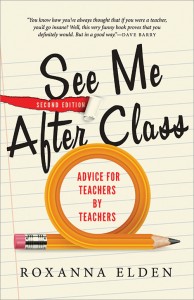 To read on Huffington Post click here.
To read on Huffington Post click here.
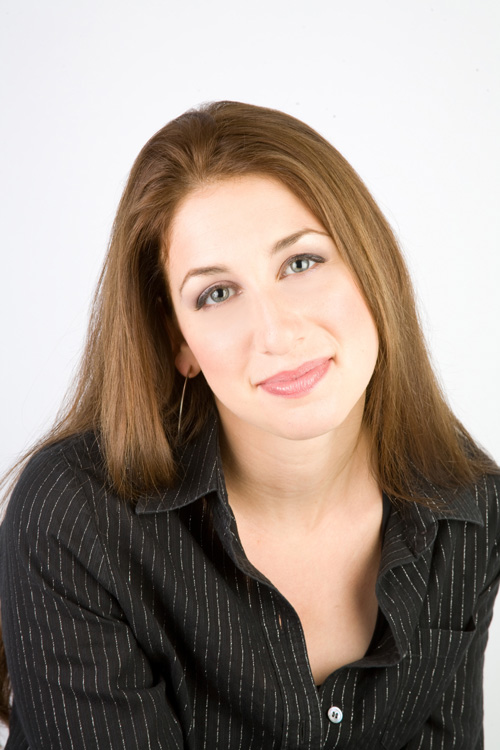
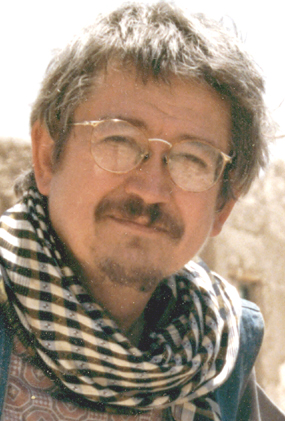


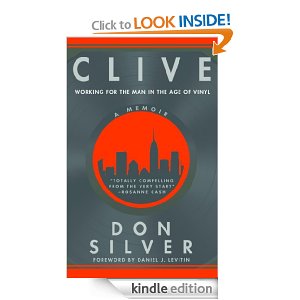

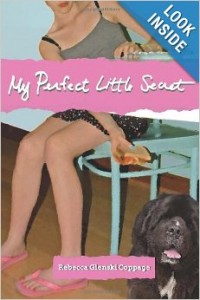
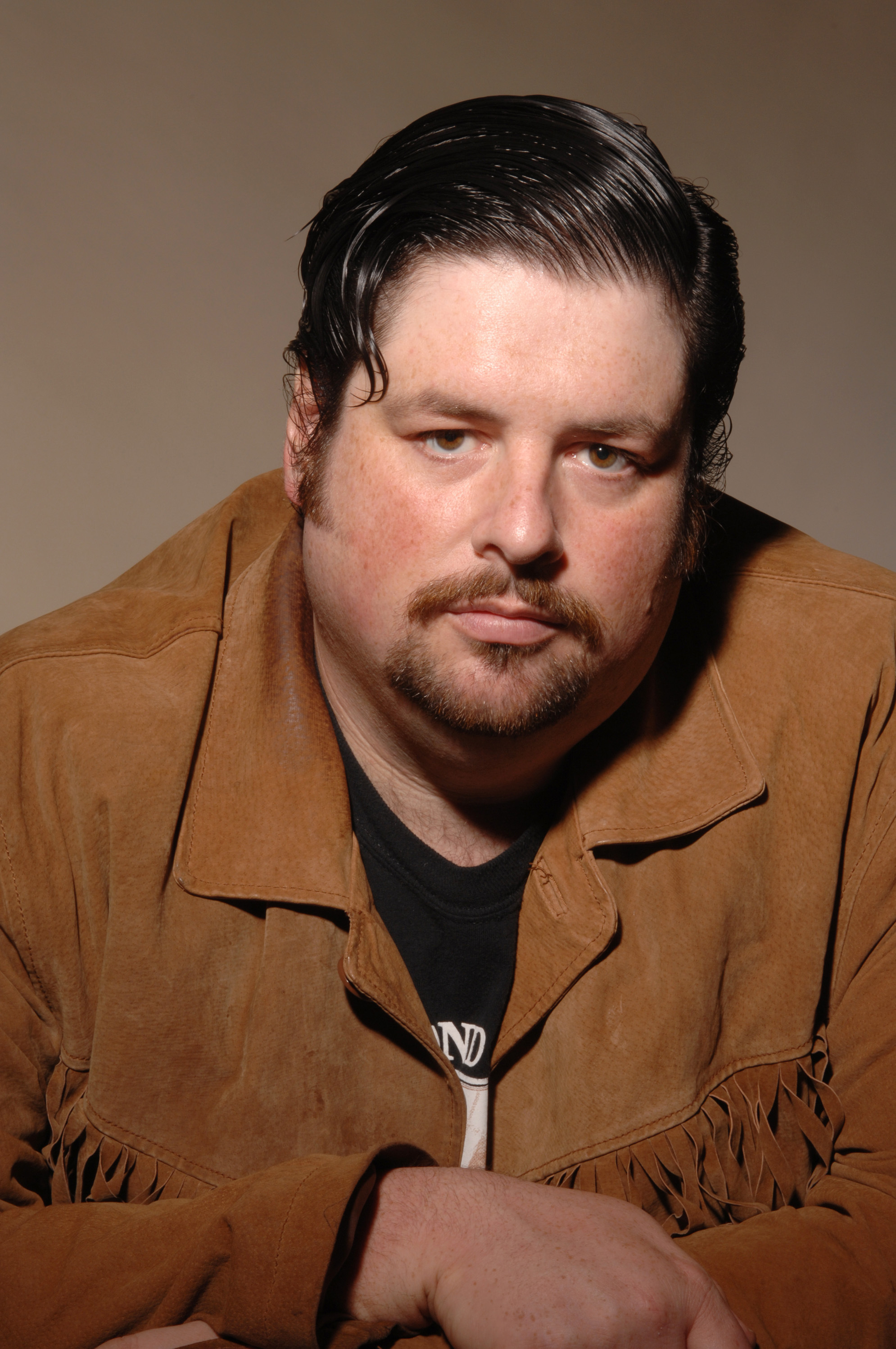
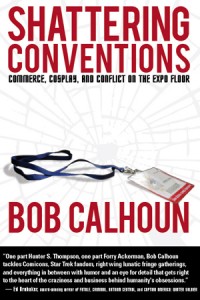
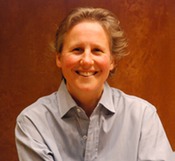

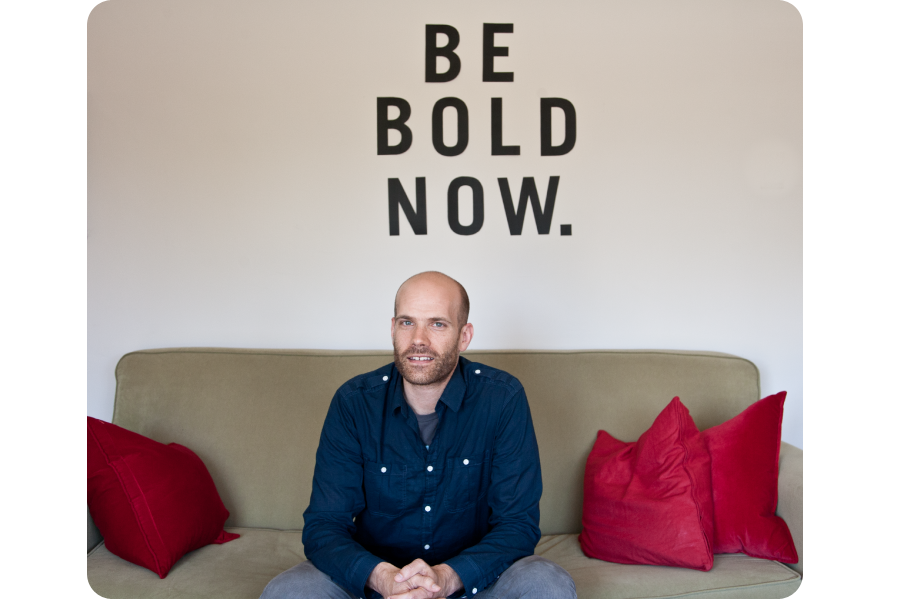
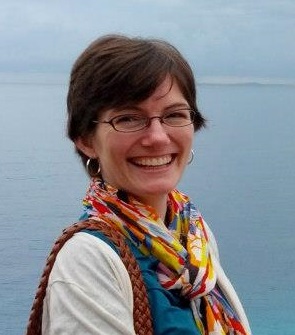
 We first met Tegan Tigani a few years ago while we were on tour in Seattle. She was so excited to give us the grand tour of her kingdom: the
We first met Tegan Tigani a few years ago while we were on tour in Seattle. She was so excited to give us the grand tour of her kingdom: the 